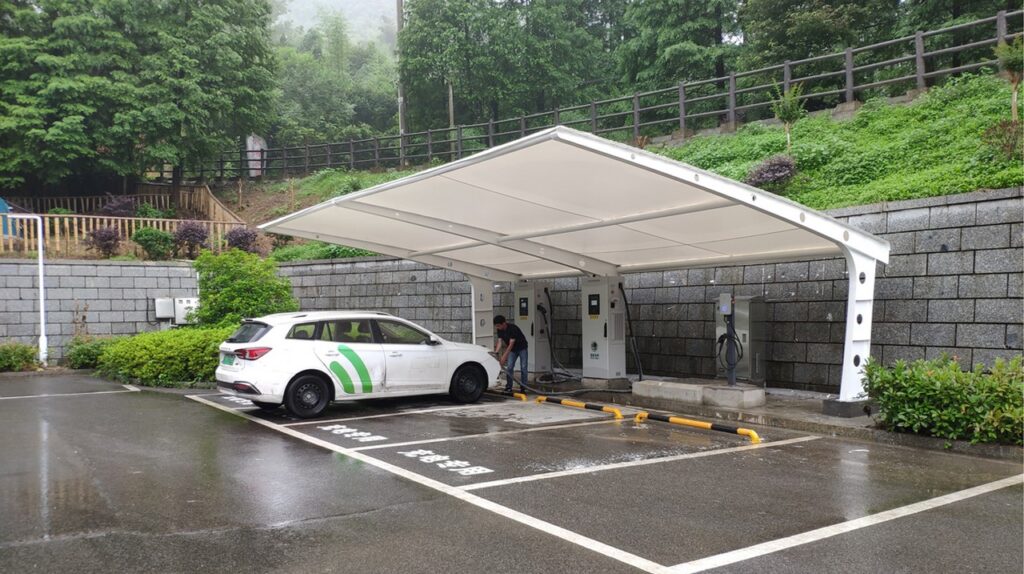Lithium batteries can have aluminum-cobalt monomers, soft pack cells, or small capacity steel shell cells. However, for safety reasons, steel shell cells are not recommended. Some people may argue that Tesla uses 18-cell electric vehicles, so why can’t others? In this issue, we will analyze this. Let’s first look at a 3-in-3 series charge and discharge. Under normal circumstances, the voltage of each cell in the series is consistent when charging and discharging. However, when there is a problem with one cell, its capacity decreases, and during discharge, the voltage drops faster than the others, creating a voltage difference. This causes the current to flow to the problem cell, generating heat and possibly leading to an explosion. Tesla ensures safety by using a fuse for each cell, which breaks if a cell malfunctions. In contrast, the protection board used in traditional electric vehicle batteries can only detect the voltage of the first cell in the series, but not the voltage of each individual cell, making it difficult to detect malfunctions. Therefore, BMW, Mercedes-Benz, Audi, and other car manufacturers use large monomer packs to better monitor and manage individual cell voltages. It is not recommended to use 18650 cells with ordinary technology, as safety cannot be guaranteed.

